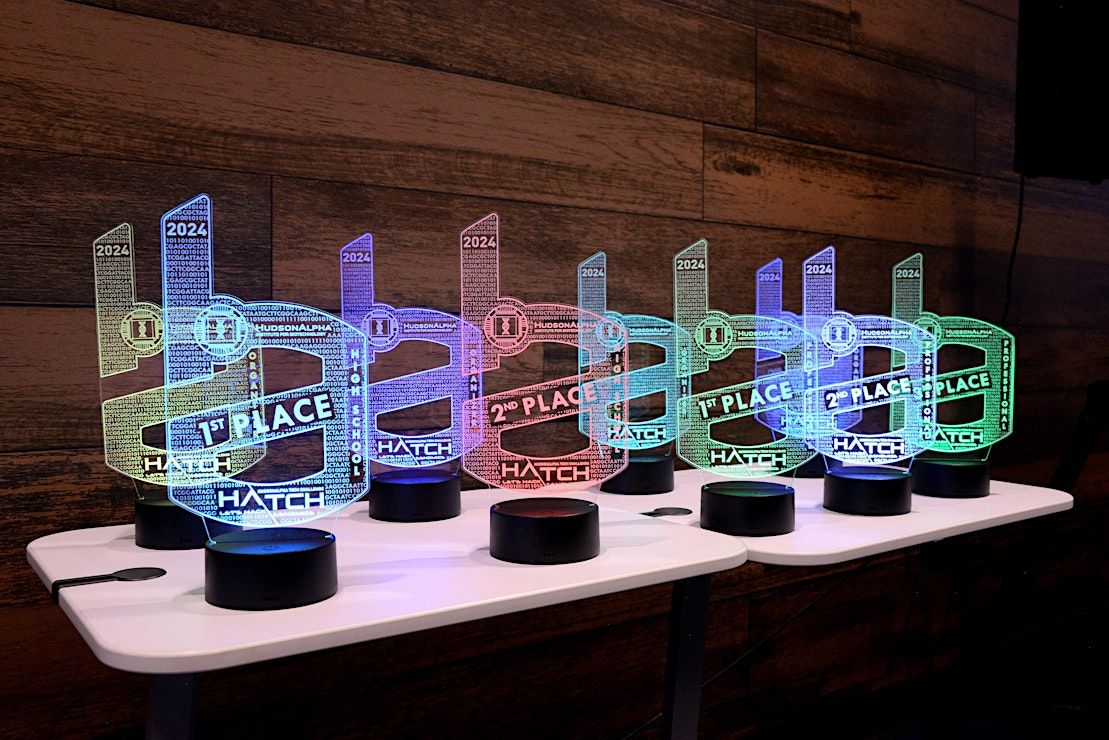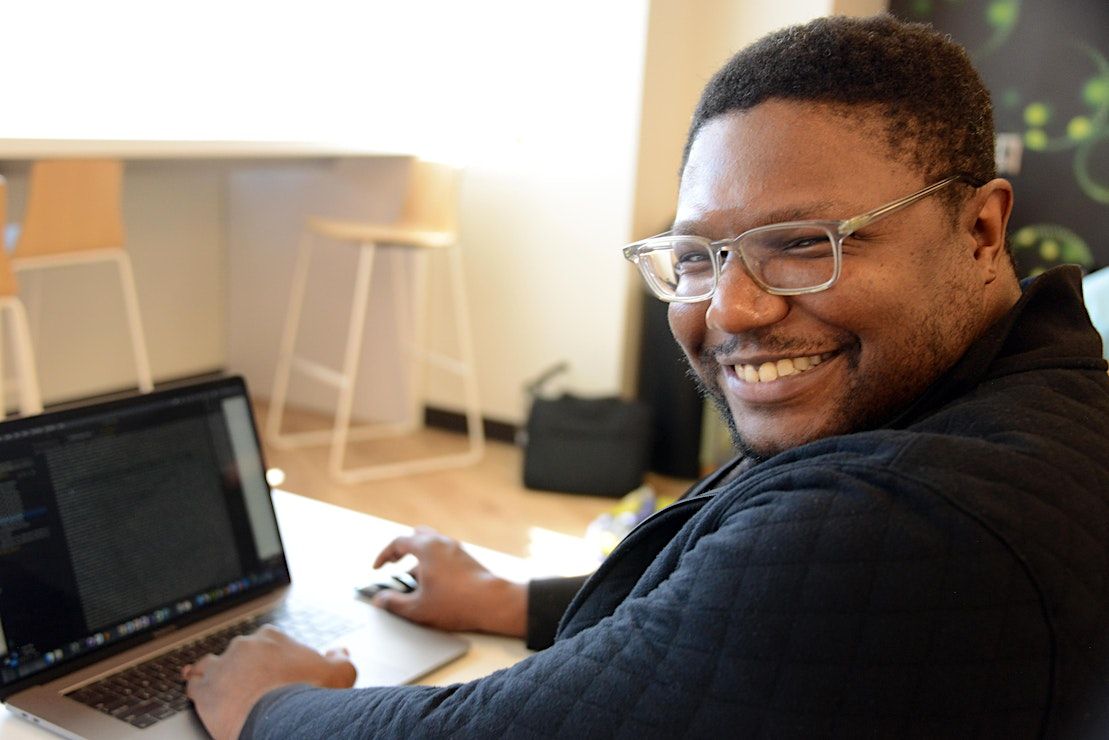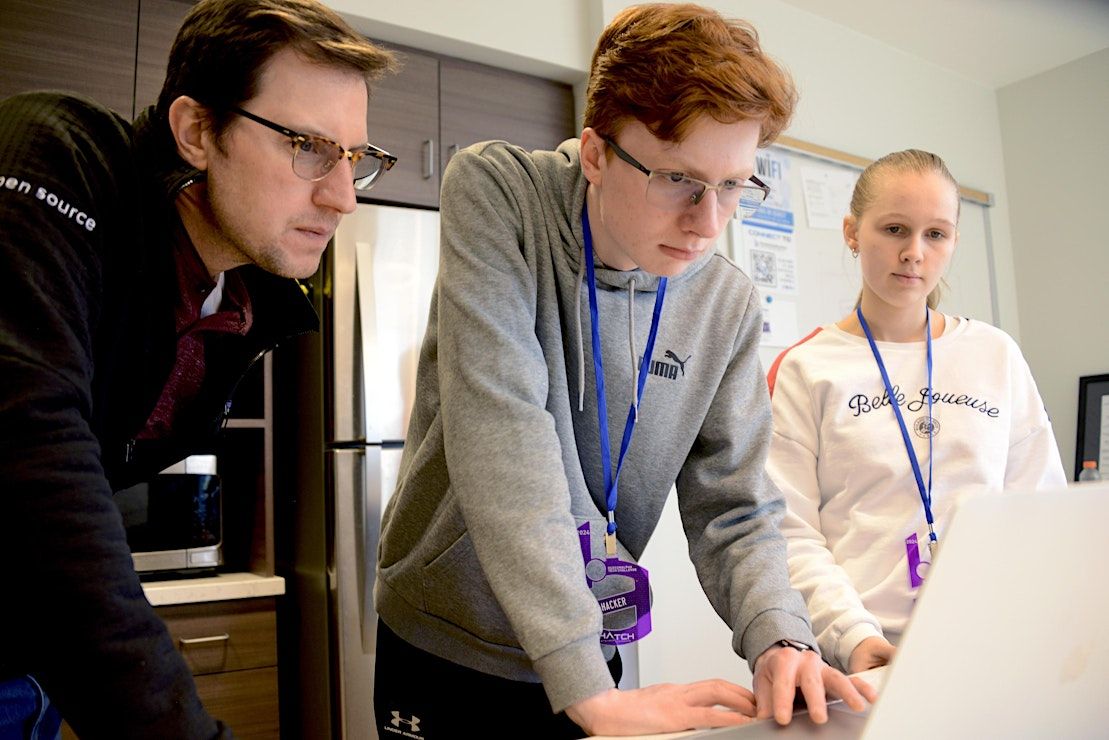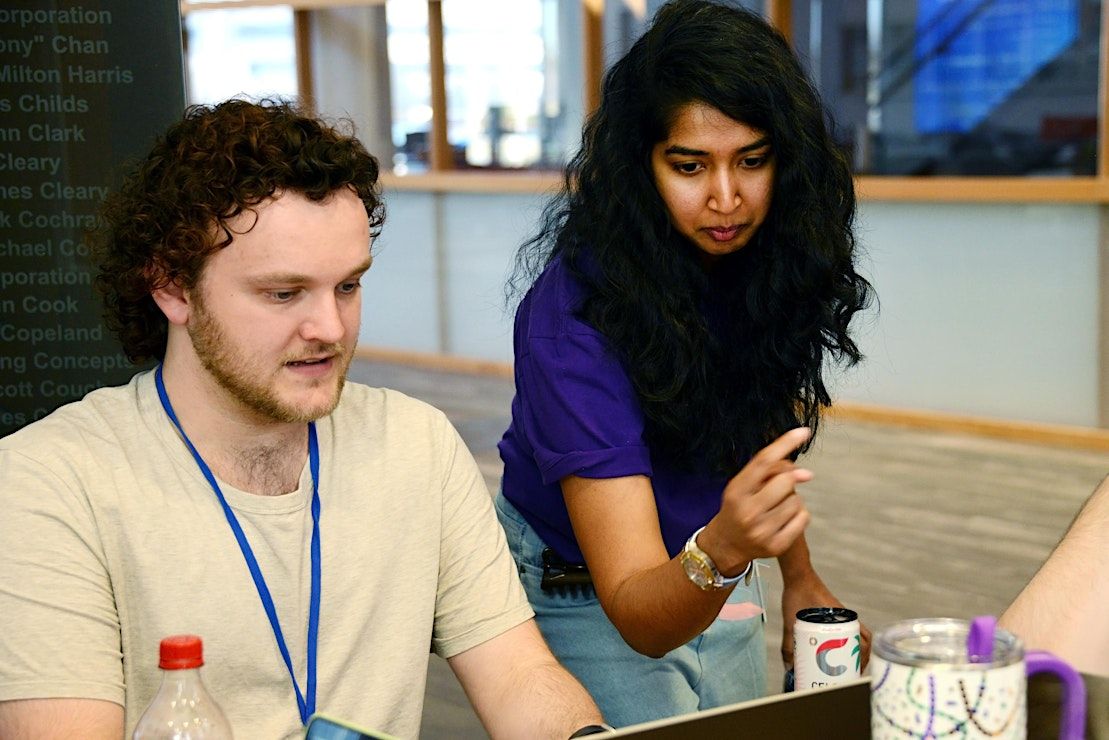HATCH 2025 | HudsonAlpha Tech Challenge
Schedule
Fri, 28 Feb, 2025 at 05:00 pm to Sun, 02 Mar, 2025 at 08:00 pm
UTC-06:00Location
HudsonAlpha Institute for Biotechnology | Huntsville, AL

About this Event

NOTE: Join our Discord server for updates, new information and to ask questions from the hackathon moderators - https://discord.gg/gY73W8Vnnc
Powered by The HudsonAlpha Institute for Biotechnology
Description: The HudsonAlpha Tech Challenge is a unique event to engage the development community and take on challenges in life sciences using business strategy, software development and technology.
Goal: Inspire creativity through collaboration, and energize the current and next generation of problem-solvers to conceive and construct innovative solutions to biotech challenges.
Prize money is up for grabs!
-----
Date: February 28- March 2, 2025
Location: HudsonAlpha Institute for Biotechnology, Paul Propst Center (800 Hudson Way, Huntsville, AL 35806)
Cost: $10/participant

Judging Criteria:
Impact - How much impact (quality and quantity) can this solution have? Does this solution address the problem in a highly significant way?
Creativity - How creative is the team’s approach? Is the solution new? Does the solution represent something that isn’t being addressed by the market?
Complexity - How much progress did the team make during the event? Did they start from scratch or build on an existing solution?
Product - How user friendly is the technology? How fully formed/mature is the idea?
Presentation - Did the team effectively communicate their solution? Did they tell the story of the project and why it is important in a compelling way? How well did they respond to questions from judges?

Previous year's challenges
Challenge #1: Happy Place Genetics Clinic
VR is one of the most rapidly advancing technologies today. It's being developed for work applications, gaming, relaxation, physical therapy, and telehealth. One of VR's advantages is that it allows remote, real-time, visual communication that can include body positioning and movement. This is especially important for those with limited mobility or challenges traveling significant distances. In modern medical practice, VR has the potential to provide a solution space to get more patients seeing specialists that they normally would not be able to see.
In genetic medicine, it's common practice to schedule patients with multiple specialists on the same day. This limits trips to the hospital, but it means patients will sit in a doctor's office examination room for multiple hours at a time while specialists of various types (cardiology, pulmonary, gastroenterology, genetics, etc.) rotate through. In this challenge, participants are asked to use VR to create an entertaining, relaxing environment that patients can enjoy while at home that also includes areas where specialists can conduct examinations of the patient, talk with family members, and consult with each other. Note that each of the above has different requirements for privacy and security. Think about how you would address those in your solution.
Challenge #2: Exploration for Astronaut Nutrition
Nutrigenomics studies how genetic variations influence responses to nutrients, which is especially important for long-duration spaceflight missions. This challenge invites participants to explore nutrigenomics, focusing on the genetic complexities of plant-based food for astronauts in space. Currently, astronauts on the International Space Station (ISS) receive food resupply shipments that fulfill nutritional needs. However, the degradation of vitamins over time renders carrying all nutritional necessities for deep space missions impossible and inefficient. The alternative is growing fresh produce in space, a challenge NASA is preparing for future exploration.
In Huntsville, "The Rocket City," continuing the legacy of researchers with innovative ideas is crucial. This challenge does not involve solving the complexities of growing vegetables in zero gravity; instead, it focuses on determining the optimal diet for astronauts. Imagine a crew one year from a deep space mission. NASA has tasked you with a bioinformatic project to identify the optimal vegetables for each astronaut's needs in space, aiming for a report on the essential dietary requirements shared among the crew to optimize payload weight for nutritional resources. This challenge comprises two main tasks: designing a bioinformatic solution for given nutrigenomic data and providing a comprehensive report on nutritional discoveries to support future human exploration.
Challenge #3: ChaTCGA
Over the last several decades, publicly available multi-omics datasets have grown significantly. This data availability has allowed researchers to develop artificial intelligence and machine learning models to predict risk, prognosis, and therapies for many different diseases and conditions. However, there are situations where datasets are not publicly available and cannot be shared due to privacy or security concerns. Therefore, the ability to create “mimic” data from these datasets and then use the mimic to train models is critical.
In this project, you will use The Cancer Genome Atlas (TCGA)’s lung adenocarcinoma gene expression dataset as the secure source dataset. TCGA paper: https://www.nature.com/articles/nature13385. Lung cancer accounts for approximately 28% of cancer deaths, and the prognosis for patients with advanced cancer is a 16% survival rate after five years. Models that predict/classify tumor vs. normal tissue, tumor stages, or survival are all important tools for bioinformaticians and have far-reaching impacts on tools for physicians.
For this challenge, participants are asked to use an AI/ML approach to create a mimic dataset that captures the variation found within a secure source dataset, develop an AI/ML predictive model using the mimic dataset, and validate the newly developed model back on the secure source dataset.

General Tech Challenge Rules:
* Teams are limited to 5 participants.
* Participants must sign up for the event in Eventbrite and sign all of the waivers in order to to participate.
* All code must be created during the event. Use of open source libraries are allowed as long as the project is publicly available. Use of commercial software is also allowed.
* Use of design mocks or wireframes will not be allowed during the presentation. We want real working software and apps.
* Judging will be based off of a 5 minute video submission with demo of the technology.
* Participants must provide their own laptops, and mobile/tablet devices for use during the event.
* Come on your own or create a team. We also want to encourage collaboration among attendees so if you find a team or person with a valuable asset to support your idea/concept, feel free to team up when you arrive.
Where is it happening?
HudsonAlpha Institute for Biotechnology, 800 Hudson Way NW, Huntsville, United StatesEvent Location & Nearby Stays:
USD 10.00










